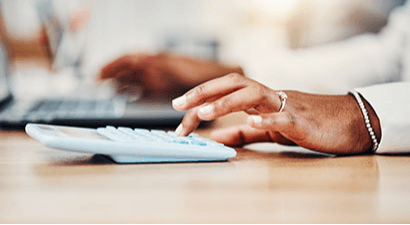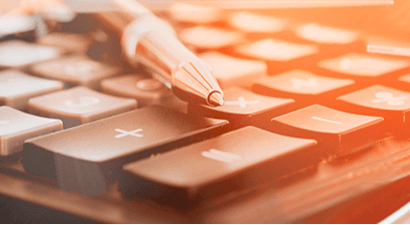Buying Back Shares from Shareholders: Dividends Tax Liability
Many issues arise when a company enters into an agreement to buy-back shares from its shareholders. If a company enters into an agreement with a particular shareholder to buy-back a certain number of ordinary shares, whereby the shares will be returned and cancelled on the effective date of the agreement, but the payment for the buy-back will be made in instalments over several years. This raises the issue of when liability to pay dividends tax will arise?
Section 1 of the Income Tax Act No. 58 of 1962 (the "Act") defines a "dividend" as inter alia:
"Any amount transferred or applied by a company that is a resident for the benefit or on behalf of any person in respect of any share in that company, whether that amount is transferred or applied…as consideration for the acquisition of any share in that company…"
The payment in respect of a share buy-back therefore constitutes a dividend as defined by the Act. Section 64E(2) of Act provides inter alia that where a dividend does not consist of a dividend in specie (dividends paid out in the form of assets) and the company declaring the dividend is not a listed company, then the dividend is deemed to be paid on the date on which it is actually paid or the date on which the dividend becomes due and payable, whichever comes first. In order to ascertain which date is the earlier, the meaning of "payable" needs to be considered. Phillip Haupt in Notes on South African Income Tax (2013) submits that the phrase "becomes payable" is the date on which the "actual payment is supposed to be made" rather than the date on which the obligation on the company to pay the dividend arises.
De Koker in Silke on South African Income Tax makes the distinction between the term "paid" and the term "payable" and describes the term "payable" as meaning "the day upon which payment is required to be made". The author goes on to say that the date on which the payment is actually made will not necessarily be the date on which the company incurs the obligation to pay the dividend to the shareholder nor will it necessarily be the date on which the right of the shareholder to receive the dividend actually accrues.
The South African Revenue Service ("SARS"), in its Comprehensive Guide to Dividends Tax 2015, agrees with De Koker’s view. SARS states that:
"An amount may be due under a contract (dies cedit) but not payable (dies venit). An amount will only be payable when the time for payment arrives. For an amount to be "due and payable" the amount must not only be owing, but a person must have the right to claim payment of it."
It would stand to reason then, that the obligation on the company to buy-back the shares arises on the effective date of the agreement, although the dividend is not payable on that date. The liability for dividends tax only arises on the day on which each instalment payment of the dividend is actually paid or when each instalment of the dividend payment becomes due and payable, whichever comes first. The result is therefore fair, in that, a shareholder will not find himself in a situation where he has a dividends tax liability that is greater than the amount which he has actually received, or which he has the right to claim for from the company.





